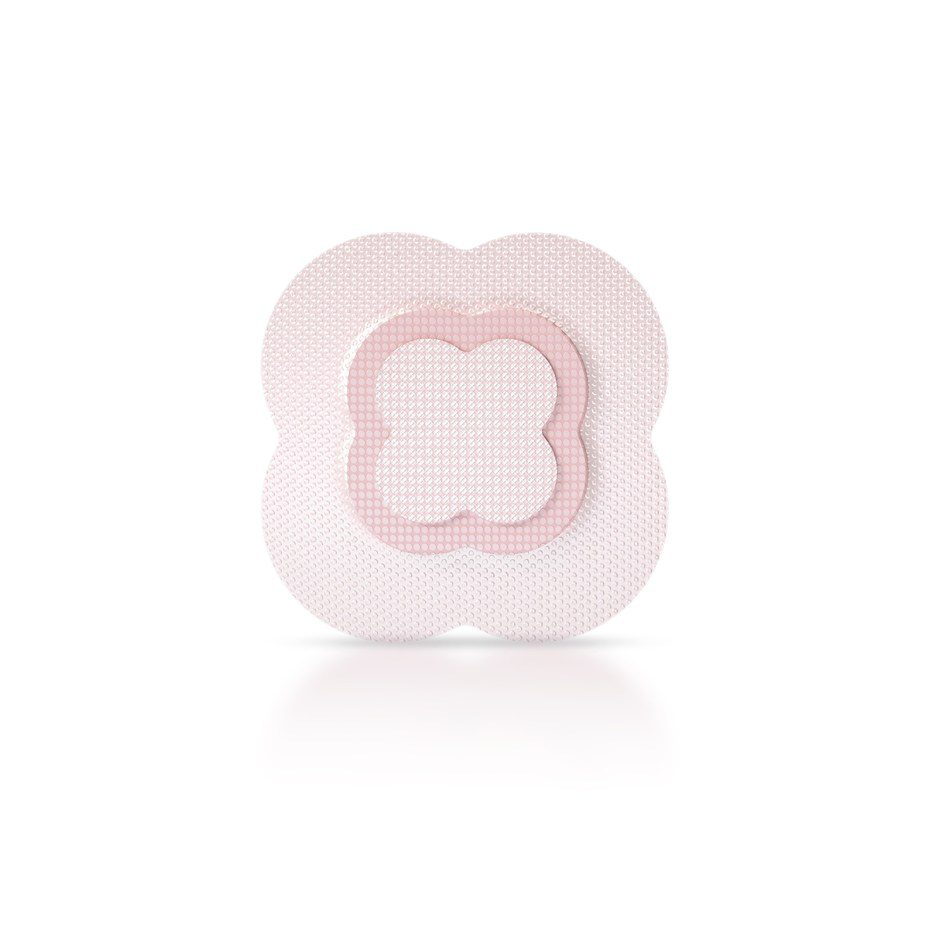Smith+Nephew (NYSE:SNN; LSE:SN), the global medical technology business, announces the publication of new research showing that clinicians estimated that 45% of their patients with chronic wounds would benefit from greater involvement in their care, and half of these clinicians believed this would enable them to spend more time with other patients.
The results of the research, published in Wounds International, concluded that the COVID-19 pandemic had been instrumental in providing a real-world opportunity for clinicians to better understand the benefits of greater patient shared care.
Clinicians reported a decline in home visits and an increase in remote care via digital communication tools such as video calls, text and email. They also claimed to have used alternative dressings or therapies that reduced the frequency of dressing changes.1 Some expressed a concern that when patients are involved in their care they don’t change the wound dressing at the right frequency. Advanced features such as absorbency and exudate management, present in Smith+Nephew’s ALLEVYN LIFE Dressings, were rated as most important when choosing a foam.
Practitioner attitudes towards encouraging shared care varied globally; in China, the UK and the USA, shared care is a more established approach than in France and Germany, where care is predominately nurse-led. The findings indicate that even clinicians who are positive toward shared care require support to identify patients who can share care, and practical tools are needed to facilitate this approach to service delivery.
“It is important to remember that shared care does not mean less care for the patient, rather it is simply an alternative approach that has been shown to be beneficial to clinicians, patients and care providers,” said Zena Moore, Professor of Nursing and Head of the School of Nursing & Midwifery and Director of the Skin Wounds and Trauma Research Centre, Royal College of Surgeons, University of Medicine and Health Sciences, Ireland. “This transition is set to continue beyond the pandemic so the timing is right to gain consensus from the international wound care community on how to support effective strategies that can expedite greater patient involvement. Understanding the individual needs and extent to which patients are able to share care is critical.”
“We welcome the results of this survey,” said Cathy Dalene, SVP Global Marketing, Advanced Wound Management, Smith+Nephew. “It suggests that clinicians require support to identify the patients who can appropriately share care, and the wound care industry can play a role in supporting nurses and patients. We are committed to bringing together key opinion leaders and finding practical solutions to increasing patient engagement and reduce the human and economic consequence of wounds.”
A total of 511 HCPs globally who treat chronic wounds in a community setting were surveyed.
Shared care involves the establishment of partnerships between professionals and patients in which they share a common goal. Examples are an improvement in the health of a patient where there is patient empowerment to take a major degree of responsibility for their own care.
ALLEVYN LIFE Dressings with EXULOCK™ Advanced Lock-in Technology provide effective exudate management, and high levels of patient comfort. The EXUMASK™ Change Indicator helps patients and carers take ownership of wounds, whilst simultaneously providing high patient satisfaction and confidence through fewer dressing changes.

